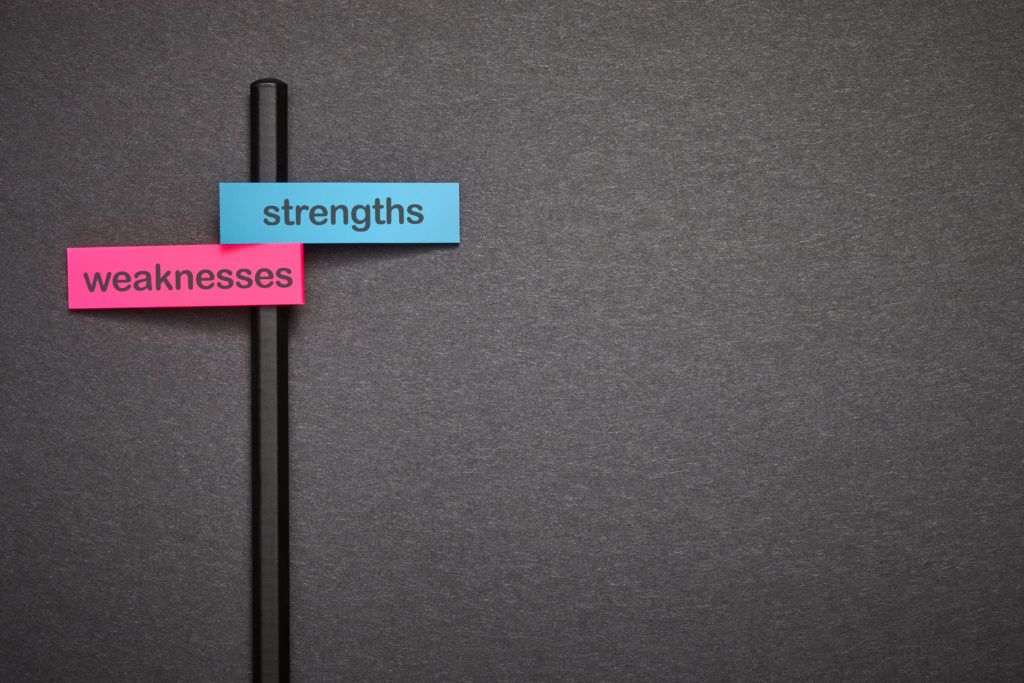
Part 1 focused on the study design and what the results revealed. However, a clinical trial of this significance warrants a further discussion of its limitations and strengths.
Psilocybin vs. Escalitopram for Major Depression: Study Limitations
Trial Duration
An adequate trial of escitalopram is typically 6-12 weeks, but there is quality evidence to suggest that approximately one-third of patients don’t fully respond to antidepressants until after six weeks of use.1,2 The current trial length of six weeks, therefore, may not have completely captured escitalopram’s efficacy.3
Blinding
The inability to successfully conceal which treatment group a participant is allocated to is a frequent criticism of all psychedelic research.4 Given how noticeable the subjective drug effects are, participants and study staff can easily guess which treatment is provided, and potentially influence the results. Unfortunately, this trial did not attempt to assess the unblinding of participants or study staff. There were at least two instances of patients successfully guessing their treatment referenced in the paper, and it could feasibly have happened at a high rate throughout the trial.
Trial Population
A large enough sample required to detect a significant difference in efficacy was lacking in this trial (though normal for a Phase II trial) and is partly responsible for the inconclusive results. Additionally, the absence of diversity among participants (88% white, 66% male, and 76% university-educated), an ongoing problem in psychedelic and biomedical research overall, makes it challenging to generalize the results to a wider population of people suffering from depression.5,6
Impact of the Therapy?
An additional experimental group consisting of a placebo instead of escitalopram, with two sessions of 1 mg psilocybin and the same amount of therapy would be valuable to assess the impact of therapy alone and help tease out psilocybin’s true effects. This was part of the original protocol but was changed to avoid even smaller group numbers.
Strengths
Design
The trial is the most methodologically sound assessment of psilocybin’s efficacy in a population with major depressive disorder yet. This is largely due to the comparison with the most effective intervention available for treating depression, the combination of a first-line antidepressant and psychotherapy.7 Additionally, an intention-to-treat analysis was utilized, meaning the authors included all participants in their final calculations. The result is a more realistic estimate of the treatment’s efficacy and safety because it includes participants who may have dropped out early or did not adhere to the prescribed therapy, which occurred in small amounts in both groups.
Safety
The study adds to the growing body of evidence that psilocybin is quite safe and provides a direct comparison with a selective serotonin reuptake inhibitor (SSRI).8 While the overall side effect rates were comparable in the study, psilocybin may represent a safer option than SSRIs in part because only a small number of doses are administered and long-term side effects appear to be limited.9 Conversely, SSRIs are taken daily for extended periods, with the possibility of bothersome side effects continuing throughout and withdrawal symptoms following discontinuation.
It is important to note that the trial exclusion criteria and psychological support throughout functions to mitigate psilocybin’s risk.10 The participants are being reassessed after six months, which may reveal some differences in safety and any potential enduring effects.
Blunted Effects?
All participants were required to taper off and discontinue any antidepressants two weeks before the study start. Previous research points to marked attenuation of a similar psychedelic’s subjective effects in patients on chronic antidepressant therapy.11 Neural changes that occur with chronic antidepressant use are thought to be responsible and it is unclear if two weeks is sufficient for reversing them. Combined with the accumulating evidence that aspects of the subjective experience are correlated with the therapeutic effects, it is possible that the 11/30 psilocybin group participants required to discontinue an antidepressant may have experienced a reduced treatment response.12 COMPASS Pathways is conducting a trial to evaluate psilocybin’s antidepressant effects in participants currently taking an SSRI to determine whether they can be taken together or if psilocybin is more appropriate as a standalone treatment.13
Dosing Insights
It remains unclear how many psilocybin doses and at what frequency would best optimize the treatment’s safety and efficacy. The trial hinted that most of the benefits in the psilocybin group followed a single psilocybin session, which is the dosing regimen under exploration by the Usona Institute and others.14 The psilocybin group had Quick Inventory of Depressive Symptomatology (QIDS) score decreases of 5.7 and 6.9 points one day and one week after the first dose, respectively – both of which were significantly different from the escitalopram group and represent a large proportion of the total 8 point decrease that occurred over the six-week trial.
Like ketamine, psilocybin’s potential rapid antidepressant effect is a theoretical advantage over conventional antidepressants that have a delayed treatment response, particularly for patients with depression and suicidal ideation.15 That population has been mostly excluded from modern psilocybin research thus far but surely warrants further exploration in light of these results and other converging evidence of an anti-suicidal effect.16-18
Final Considerations
If not for the selection of the QIDS-SR-16 as the pre-registered primary outcome, the interpretation of this study might be more positive. The main author stated it was “a largely arbitrary choice”19, with possible influences from its previously successful use in this trial’s predecessor study,18 as well as its widespread acceptance by drug regulatory authorities. Some of the depression scales that were used as secondary outcomes may be more appropriate for future trials. Other currently pre-registered studies evaluating the antidepressant effects of psilocybin-assisted therapy utilize one of two clinician-rated scales, the Montgomery and Asberg Depression Rating Scale (MADRS) or the Hamilton Rating Scale for Depression (HAM-D).13,14,20-23
The study conducted by Dr. Robin Carhart-Harris and his colleagues is surely a landmark trial within psychedelic science, but one that raises more questions than answers. Larger Phase II studies currently underway and subsequent Phase III trials will provide more clarity about where psilocybin-assisted therapy stands as a potential antidepressant intervention.14,22,23

Thank you for the great breakdown Michael! Really good points about the strengths and weaknesses!
Can’t wait for more studies like this! So hard when individuals are able to guess which treatment group their in!
It will surely be interesting to see the results of the next, much larger, study that Carhart-Harris et al. are currently working on (again in collaboration with COMPASS). It includes 230 test subjects in 25 countries, the largest study in this area to date. By the way, I don’t think the study discussed here quite reveals the reality of the side effect profiles of psilocybin vs. escitolapram. Sure, psilocybin will sometimes give you a headache the day after your experience, which can be effectively alleviated by paracetamol/acetaminophen. This is nothing compared to the most common side effects of SSRIs which… Read more »